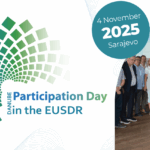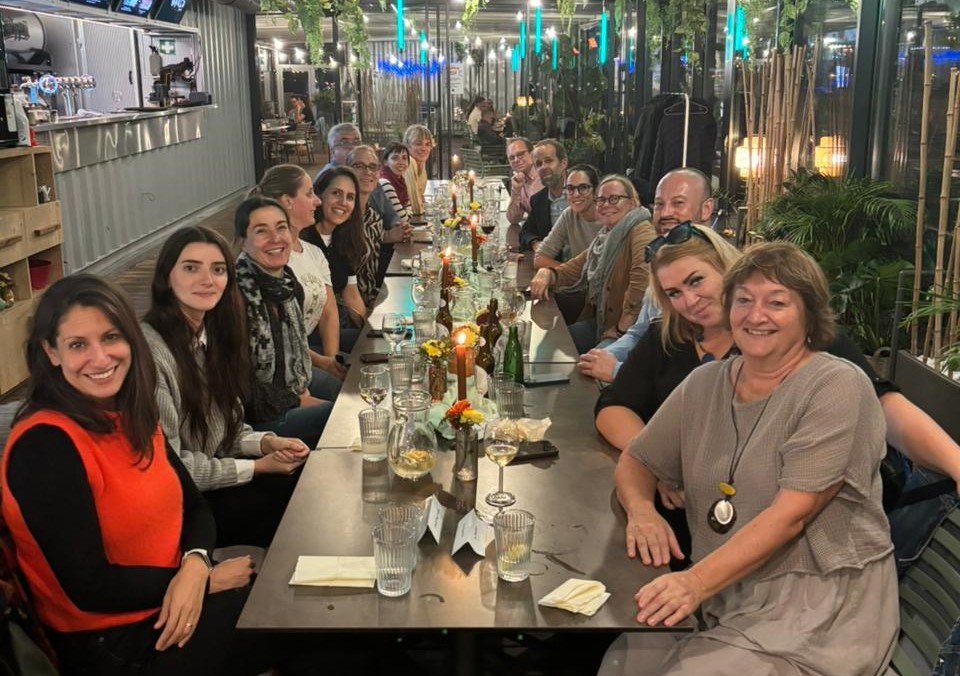The Youth Guarantee is one of the shared policy priorities across the Danube Region. Hence, the 12th Meeting of the ESF+ Network Danube Region taking place in Bratislava on 25/26 September 2025 focussed on good practices in including young people in the labour market. Likewise, the recent publication of the drafts for the Mulit-annual Financial Framework 2028-2034 provided a good opportunity to discuss, how social inclusion funding should move forward in the up-coming funding period.
One-stop shops for young people
With youth unemployment rates ranging above EU average, the implementation of the Youth Guarantee is a high priority in the Danube Region. In this spirit, Marek Korec from the Ministry of Labour, Social Affairs and Family in Slovakia shared some insights into how the multi-funds programme Slovakia 2021-2027 addresses youth unemployment. Thereby, Slovakia follows a regional approach that maps the specific challenges of young people across Slovakia and risk factors for dropping out of education and employment.
One answer to youth unemployment are One-stop Shops to increase young people’s competences and provide tailor-made support. Viera Melagová from the Development Agency of Banská Bystrica showed how the onse-stop shop approach was piloted. The project “SPACE” provides comprehensive services in one place based on the “Finnish model”. Young people who are neither in eductaion nor in employment or at risk of getting there have the chance to receive career counseling, psychological counseling, non-formal education or joining life skills development programs. In doing so, the project acknowledges the complex and individual situation of young people and provides support as needed.
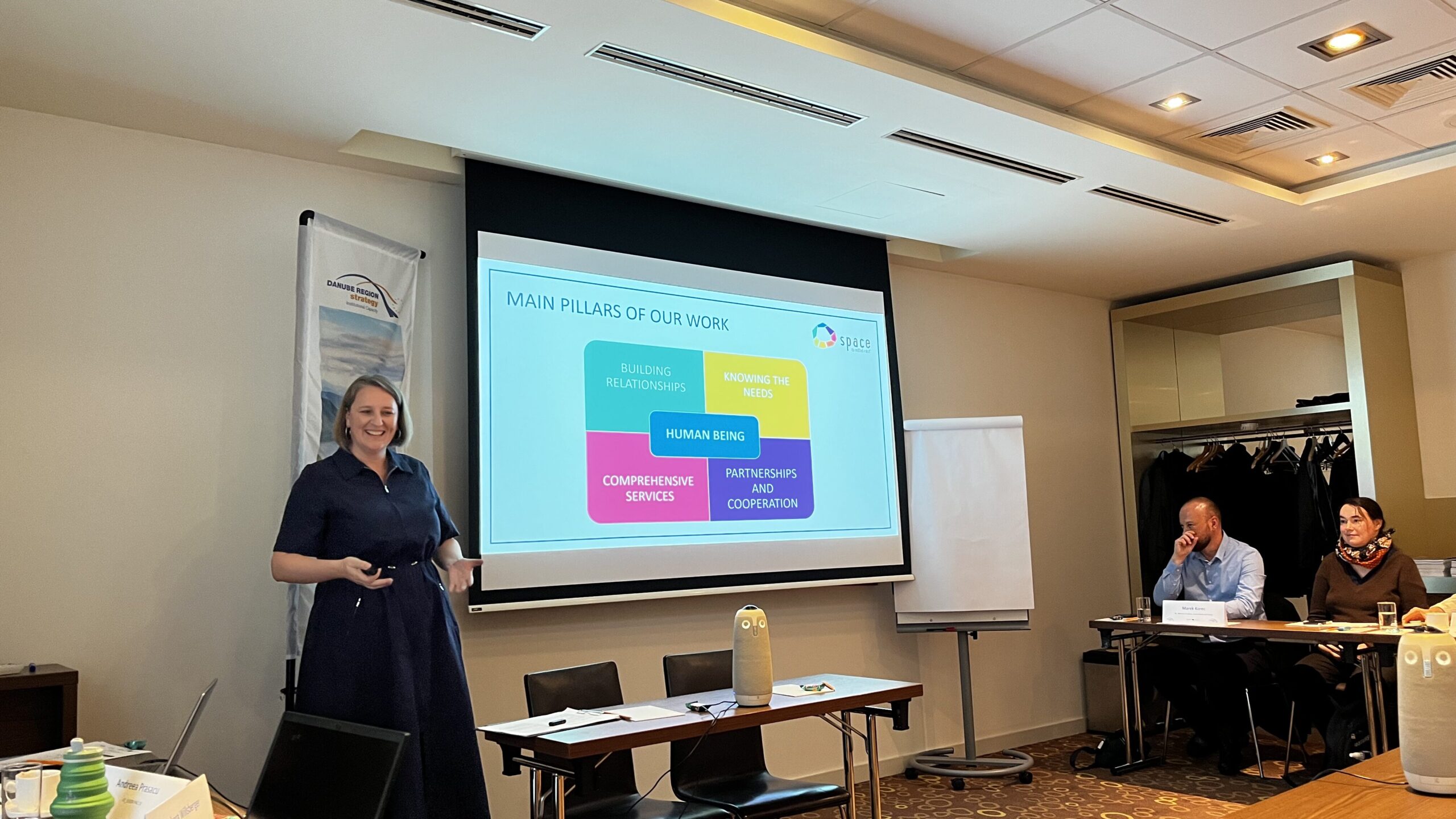
UNICEF offers a similar service with its holistic approach to youth unemployment for young people from Ukraine living in Slovakia. The PATHWAYS initiative addresses young Ukrainians between 10 and 24 years of age to safeguard continued education and skills development for a successful transition to employment.
Another initiative that supports young people not in education, employment and training (NEETs) is the ALMA initiative that encourages internships in another EU member state to gain job experience and confidence for better (re-)integration in the labour market or returning to education. Slovakia, Czechia, Slovenia, and Romania are currently implementing the ALMA initiative and Croatia prepares the implementation of ALMA in due course. While ALMA has a strong focus on EU member countries, some of the ideas and principles can also be of interest for the candidate countries.
Simplifying programme funding?
In the context of implementing projects such as ALMA, the network discussed not only the quality of those initiatives, but also how simplification of funding can help reducing bureaucracy. A few years into implementing ESF+ programmes and IPA, network members gained different experiences with simplified cost options and shared their take-aways. While Simplified Cost Options in programme implementation is very welcome by both, project partners and programme authroities, it is worth taking a closer look at potential benefits and consequences in applying specific approaches to various project activities. The lessons learned are particularly relevant in the run-up to the Multi-annual Financial Framework 2028-2034. Tomke Travnickova from Ministry of Labour and Social Affairs shared some valuable reflections from the Czech experience from implementing ALMA.
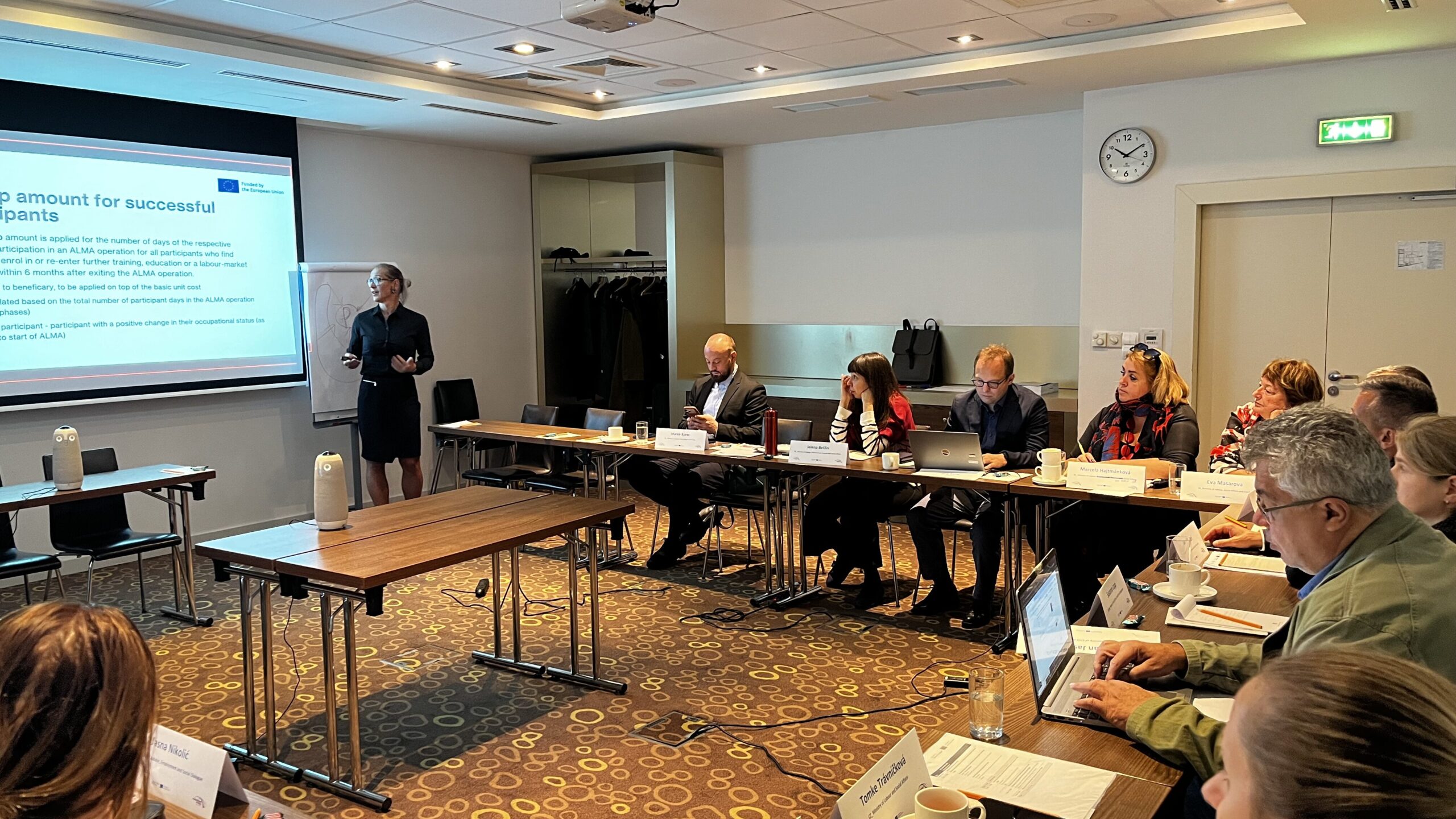
Some of the lessons learned with regards to the next funding period is to be aware that simplification does not goe on the expense of quality and inclusion of especially vulnerable people, who might need more than average care. Likewise, the simplification label does not always mean actual simplification, as some measures turned out to impose the same bureaucratic burden for project partners and managing authorities. This is particularly the case, when members state’s gold plating jeopardise any benefits from simplification. However, learning from the current expereinces, might help to come closer to a better approach in the next Multi-annual Financial Framework.
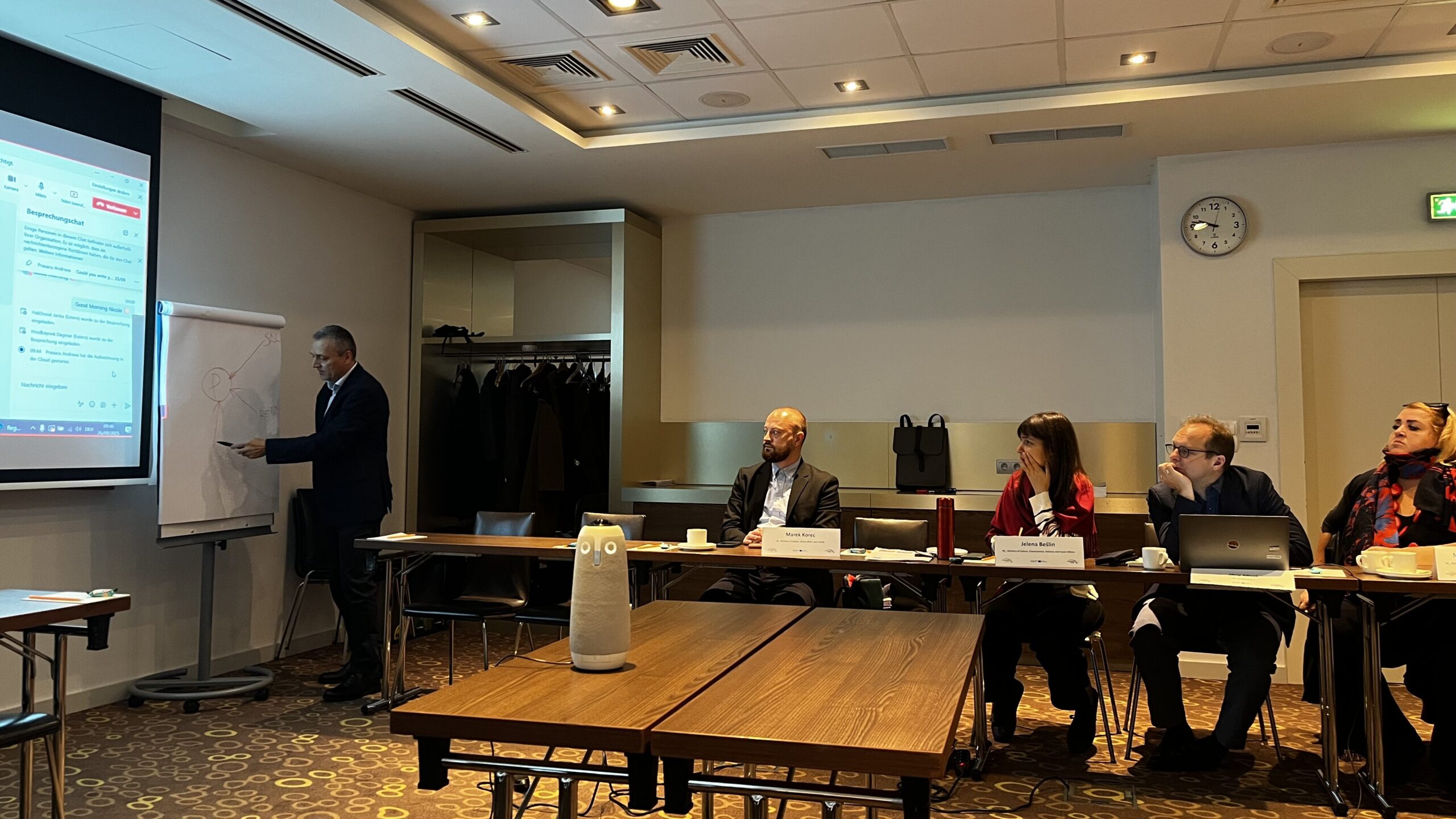
What the future might hold…
Richard Broos from the European Commission – DG EMPL discussed how funding for social inclusion looks like post 2027. In the current proposal for the Multi-Annual Financial Framework, social inclusion in the EU member states will be covered largely under the National and Regional Partnership Plans (NRPP) as well as by the EU Facility. Funding sources such as Horizon, Erasmus+ or AgoraEU will also include some social objectives. For candidate countries, the Global Europe Instrument will cover, what is now covered by IPA funds.
In the current proposal, the National and Regional Partnership Plans need to allocate 14% of the member states’ financial envelopes to social objectives and leaves a total of at least 100 bn EUR to social inclusion funding.
With the new proposal on the table, it is now the time to reflect at national and macro-regional level how to share insights and expereinces from the current funding period and feed this into the further negotiation process for the next Multi-annual Financial Framework.


